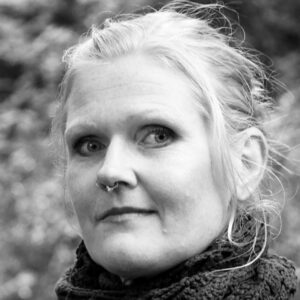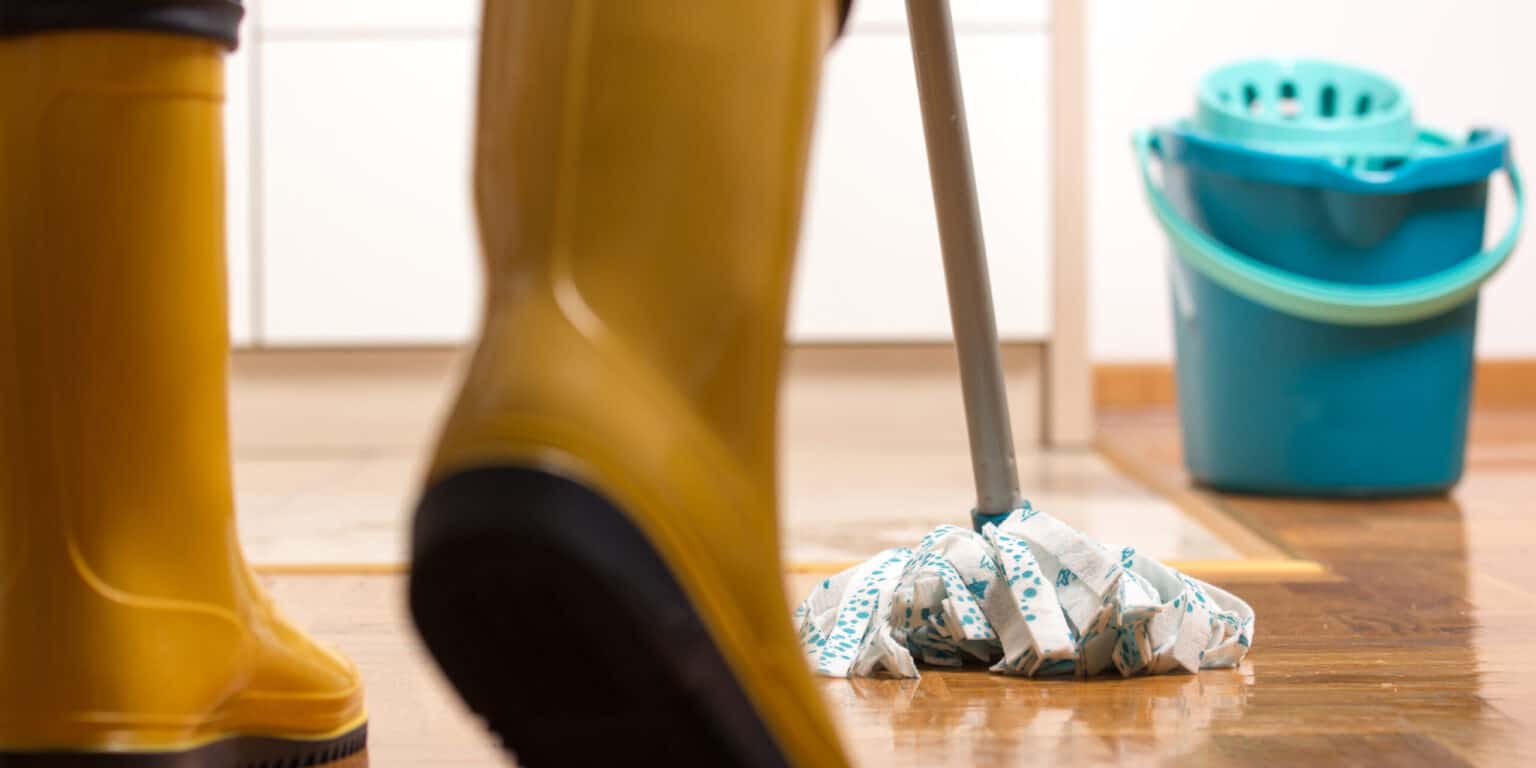More than one in ten of the 2,995 female SULF members who responded to the survey on which the union’s report is based do not believe that women and men are treated as equals in their workplace.
Heavier workload
In interviews conducted with 54 members, 32 women and 22 men, it also emerged that women believe that they have heavier workloads than their male colleagues.
“When it comes to the allocation of work, it is very clear that women are assigned administrative tasks with no career development merit more often, than their male colleagues,” says Anna-Carin Fagerlind Ståhl, a work environment researcher and author of the report. “This adds to their workload and hampers their professional careers.”

Among the 2,451 male members of SULF who responded to the survey, on the other hand, only slightly more than three per cent believed that women and men are not treated equally in their workplace.
“It’s probably as simple as becoming more aware of what you yourself have experienced,” says Fagerlind Ståhl.
Risk of stress and ill health
The heavier workloads lead to women in academia running a greater risk of mental illness and stress. Non-equal workplaces, where women to a greater extent than men feel that they need to devote working time to things like dealing with domination techniques, reinforce these risks further, she believes.
However, Fagerlind Ståhl does not believe that academia is less gender-equal than the rest of the labour market.
“But I think that what’s so special about working in higher education is that the problems are less apparent, hidden beneath the uncertainty surrounding employment and in the idea that academic merit and qualifications should determine how high you can climb.”
This makes the problem both easier to overlook and more difficult to attack, which in the report is described as academia ‘looking comparatively equal’, as there are about as many men as women working in higher education.
More academic housework
In addition, the meritocracy upon which academia is built leads outside observers to believe that it is the most suitable and most deserving people who can build a career and receive the most resources, which is not always the case according to Anna-Carin Fagerlind Ståhl.
To make higher education a more gender-equal workplace, she says employers can begin by getting a clear picture of how work tasks are distributed. “It’s a question of looking at who does the non-meritorious work, the academic housework, in the workplace. Who gets to use the fast lane and who gets to carry the burden?”
At a general structured level, we also need to look at the conditions that men and women have when it comes to being able to do their research, says Fagerlind Ståhl.
“When everything is so dependent on applying for and receiving research grants, there must be the same scope for women to actually do it as for men. And that scope depends of course on how great your workload is.”
Stop favourising men
Her view is that there is a kind of built-in fear of favourising women, as that also means that men to some extent need to be favourised less than is currently the case. That fear, she says, is something that employers need to ignore.
“We also need to see an end to some things being the responsibility of women to deal with. It’s more a case of men needing to stop favourising each other and refraining from using domination and suppression techniques than women needing to change their behaviours,” says Anna-Carin Fagerlind Ståhl.
















